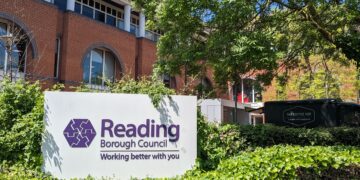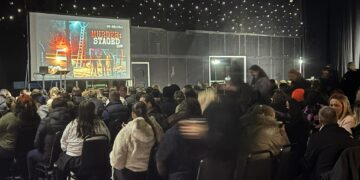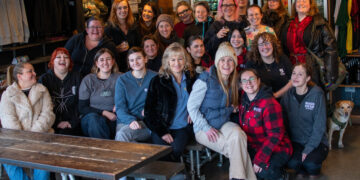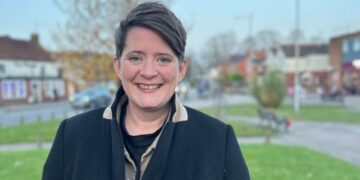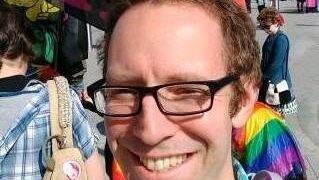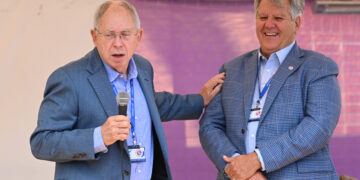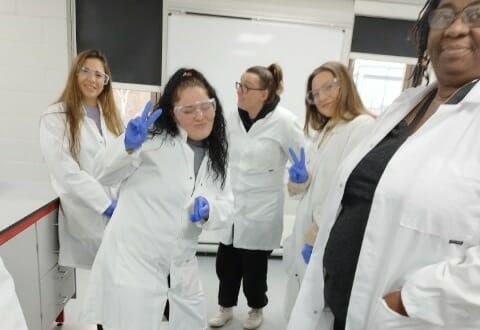WHITLEY residents were presented with a rare opportunity to go behind the scenes at a University of Reading laboratory.
Researchers from the Whitley Community Development Association were invited to the Food and Nutritional Sciences department to learn about nutritional biomarkers and how they help people keep track of their dietary patterns.
They conducted analysis of their own urine and hair samples and were surprised by the accuracy to which the supervising scientists were able to identify what food and drink they had consumed.
The motivation behind the visit was to raise awareness of healthy eating and empower the researchers to share what they learned on the day with others in their community.
Dr Martin Chadwick, of the University of Reading, said: “The whole experience was a great one, not only to demonstrate the value of science to people in the community, but also by really valuing the community input we are able to strengthen the scientific output.
The visit was part of a wider project called FoodSEqual, which explores ways the UK food system can change to help those in lower socioeconomic areas.
Through chemicals present in hair and urine, nutritional biomarkers are able to gauge an indication of what people are eating through clear peaks in readings.
“We met to break down the barriers around taking these samples,” Dr Chadwick explained.
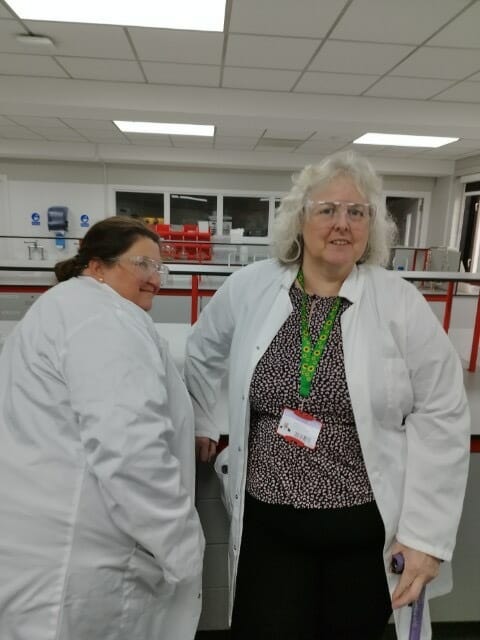
“We were asked plenty of questions about the how’s and whys, questions which might otherwise have been missed. Doing this with true community involvement means we can adapt our techniques to suit both the communities and the researchers, which will help the research run smoothly.
“Then to really break down the barriers, and show that this is a normal, if normally hidden, part of research, we asked for urine samples from the community, and provided some ourselves, to analyse in the lab. After an initial ‘ick factor’ and plenty of jokes, we could show people the antioxidant content of their own urine by a quick colour change.”
Kelly Brown was one of the community researchers who made the trip to the Whiteknights campus.
She was full of praise for the opportunity, saying: “It was such an interesting day. The information they got from the tiniest bit of urine was amazing. They knew the type of vegetables you’ve been eating and how much tea you’ve been drinking. It was a very relaxed atmosphere. Everything was explained in a way you could understand.”
Ms Brown credited the communal manner in which the session was conducted as a key part of its success.
She hopes that initiatives like these will help bring Whitley even closer together, describing the ward as ‘the most giving community you’ll ever find’.
Ms Brown is keen to see the relationship between Whitley and the University of Reading continue to flourish through further opportunities.


